Assassin's Creed Shadows boss is confident Ubisoft has a place in modern RPGs, even as the industry's goalposts shift: "When we were working on Odyssey, it was Breath of the Wild"
On the Radar | Creative director Jonathan Dumont tells GamesRadar+ about Assassin's Creed Shadows' position in an ever-changing genre
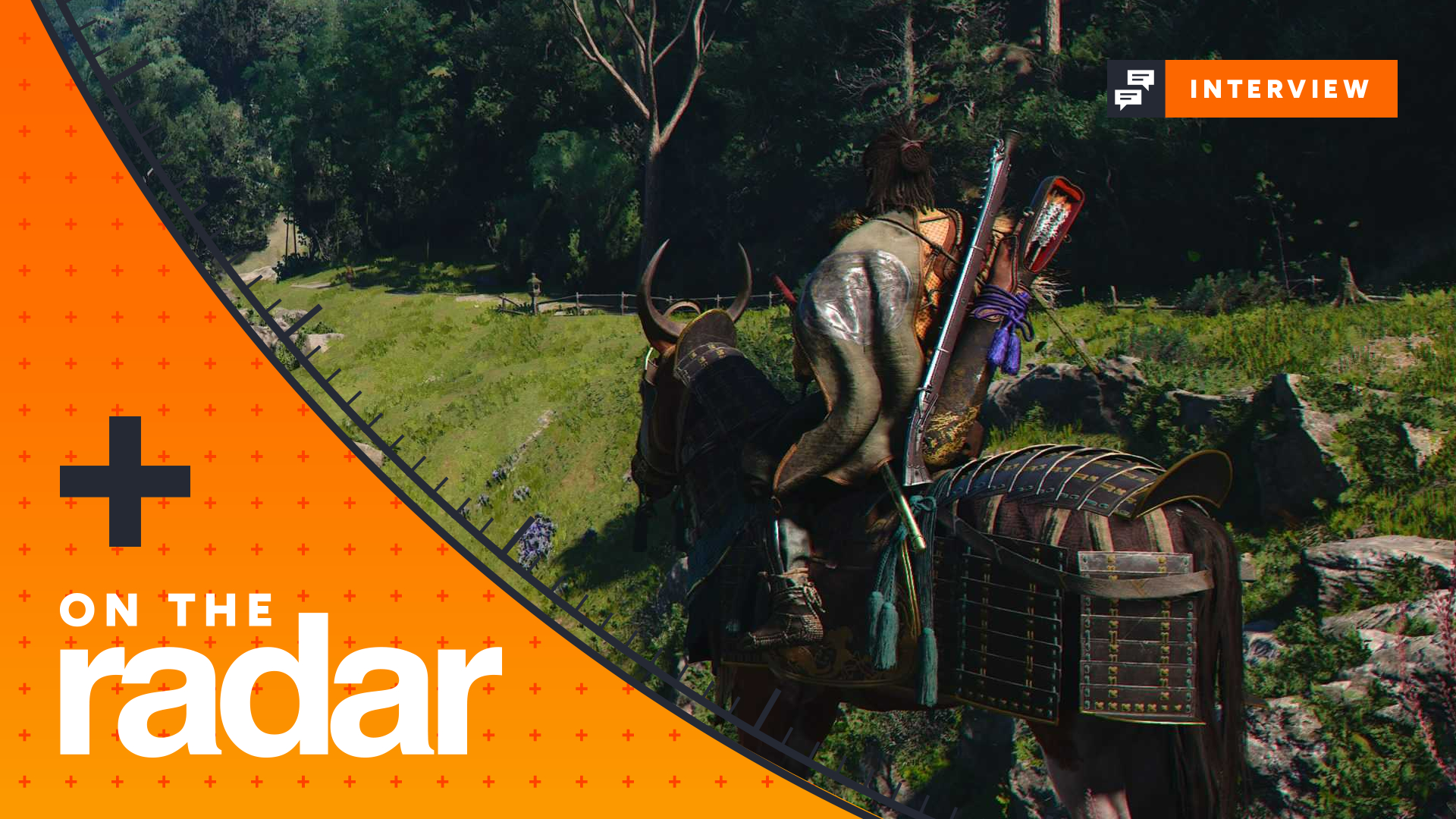
Whether you've spent the last few years dice-rolling or dodge-rolling, you won't need me to tell you that Assassin's Creed Shadows has released at a very strange time for RPGS. In recent years, a slew of modern classics have sprung up: Baldur's Gate 3 offered a staggering level of player choice that few video games have even attempted to deliver, whilst Elden Ring's sprawling Lands Between reaffirmed the need for purpose in open worlds.
With the dual successes of Kingdom Come: Deliverance 2's challenging adventure and Avowed's tighter scope fresh on my mind, it feels like there are two growing approaches to RPGs – one in which developers are growing increasingly confident in cutting players loose in their worlds, and another catering to the those who crave tighter, more digestible games. Assassin's Creed Shadows dabbles in both philosophies, so I caught up with its creative director, Jonathan Dumont, to learn where Ubisoft Quebec plants its flag.
Between two worlds
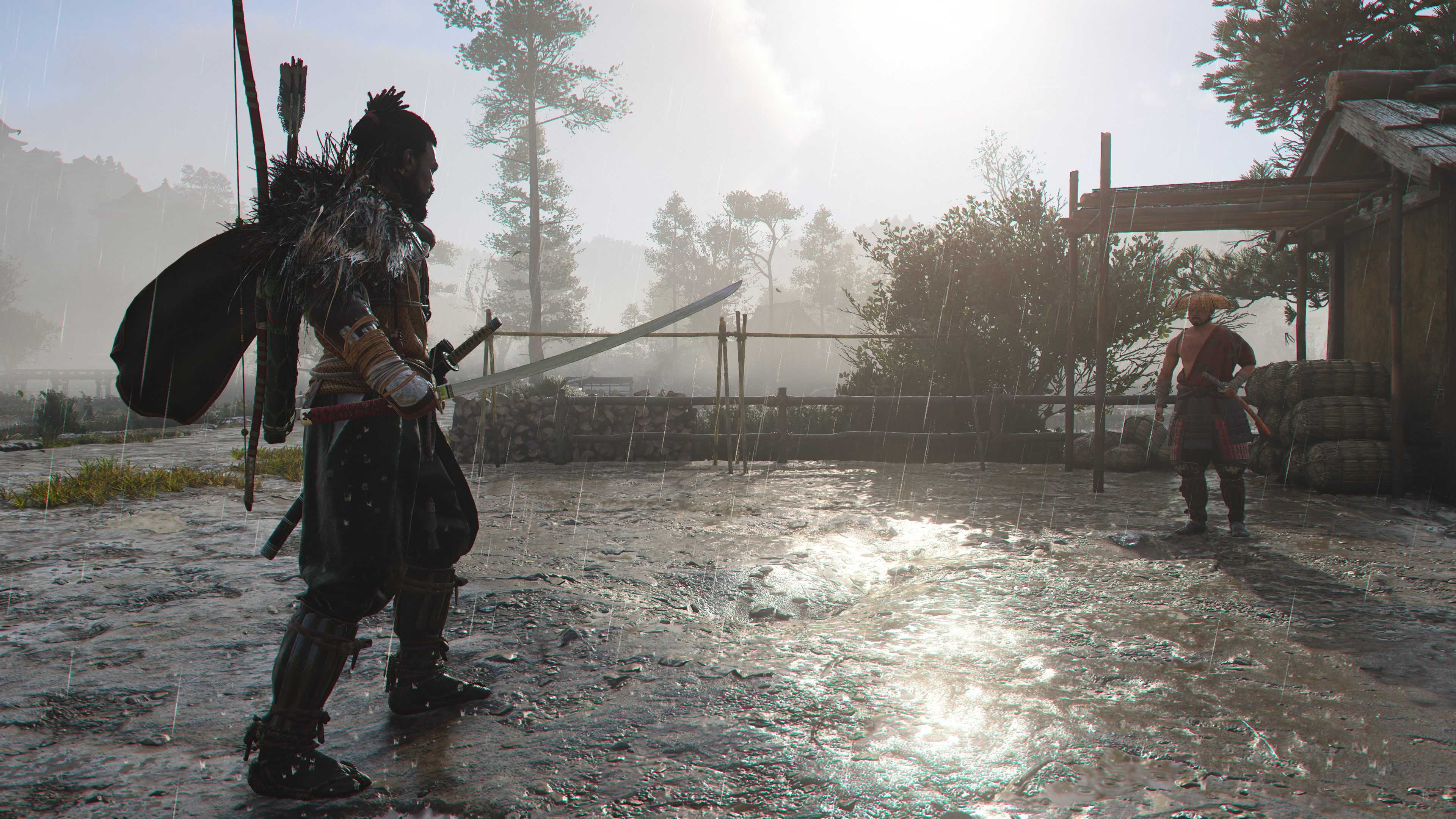
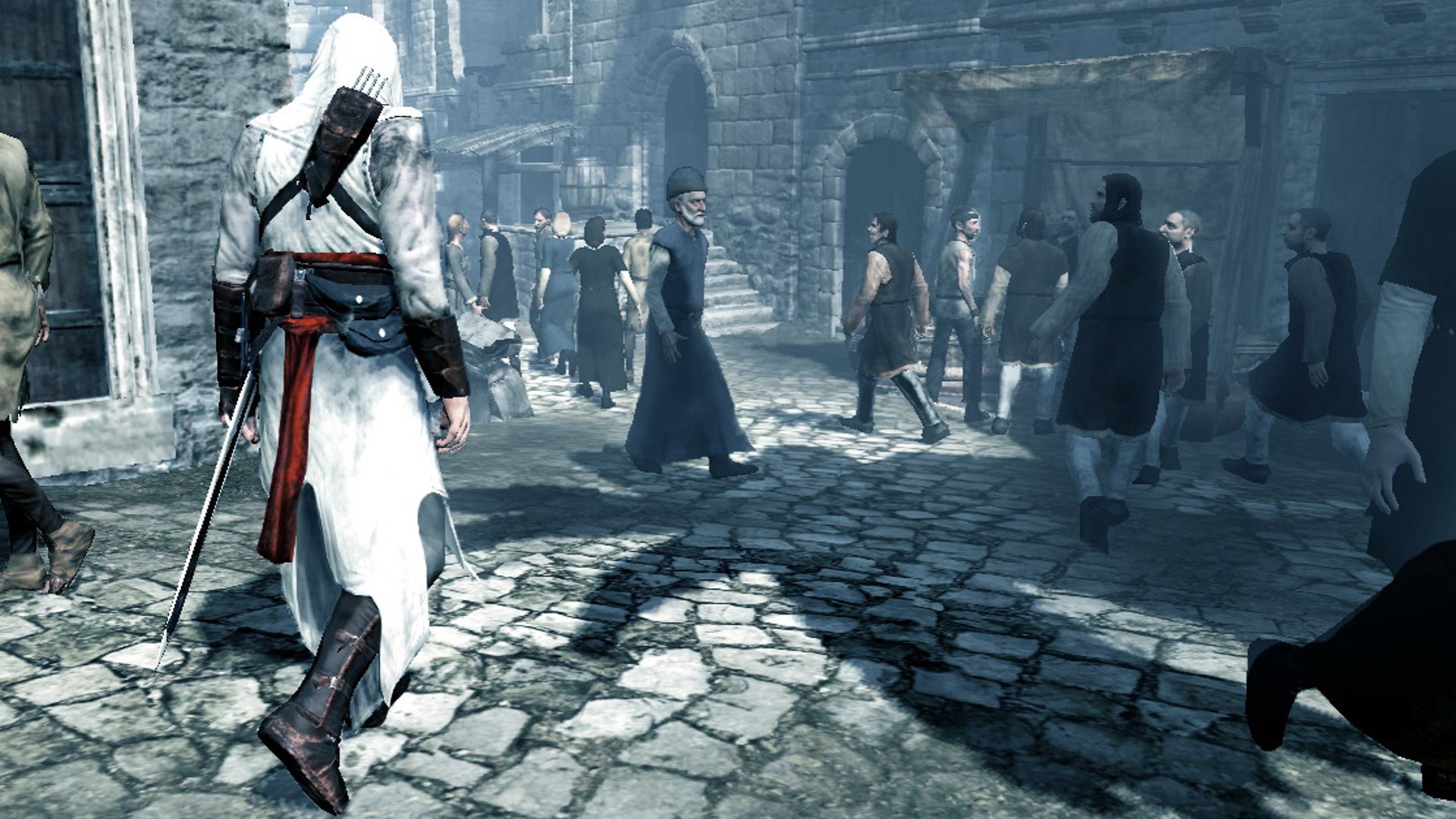
See where we've placed Shadows in our ranking of the best Assassin's Creed Games
Combat in Assassin's Creed Shadows is as slick as you would expect from a finely-polished AAA release, and navigation tools like the pathfinder system offer guidance through its world for those who need it. But there's also pushback, a willingness to make players engage with Shadows' world at a deeper level. Quest markers have largely been replaced with clues, which point to a general area you should be looking for your objective. You can utilize scouts to narrow your search down further, but these are a limited resource and still require paying attention to clues to ensure they're dispatched to the right place.
Similarly, Assassin's Creed Shadows' world never rolls over for one protagonist. Naoe can sneak and climb anywhere, but is easily overwhelmed in combat. Yasuke, on the other hand, cannot parkour to save his life – but charge him into a heavily-defended castle, and in 10 minutes he'll be the only one left standing. To me, it feels like Assassin's Creed Shadows is more in tune with those aforementioned games that push players to take initiative. It begs the question: when it comes to RPGs, are the goalposts – players' wants and expectations – changing?
"It does move," says Dumont. "I remember when we were working on Odyssey, it was Breath of the Wild: that was the open world. There are quite a bit of… I would not say trends, but evolutions."
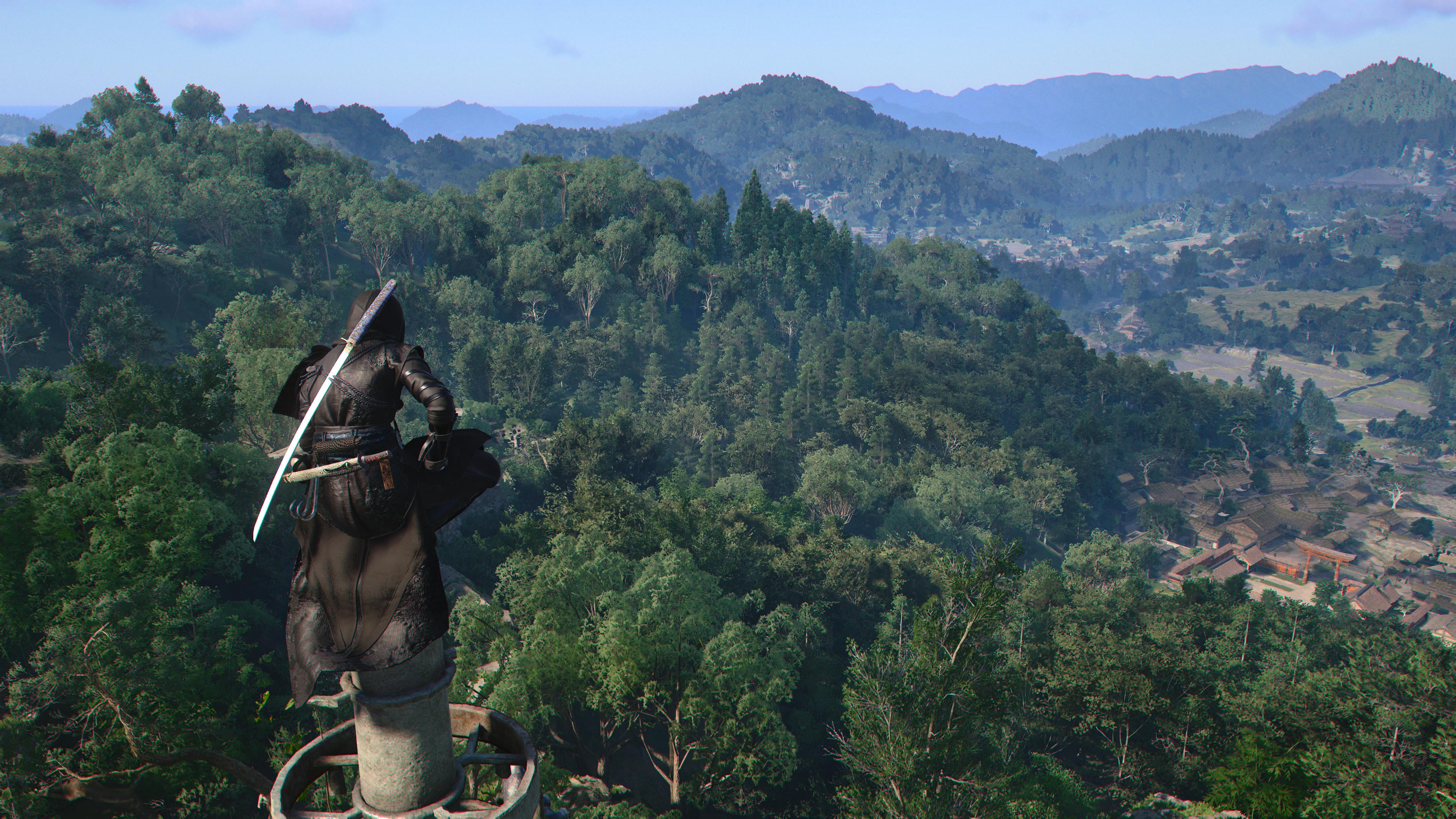
But where is Shadows' place within those shifts? "People want to play different things, and you could say Shadows has a little bit of that," he adds, pointing to the game's far less forgiving Expert Mode. "We're trying to offer that [challenge] as well, but we are still Assassin's Creed. People come to visit these beautiful historical settings as well, and to get compelling stories true to the game and those archetypes. I guess our place is there."
Just as Elden Ring and Baldur's Gate 3 are unique in their own ways, explains Dumont, so is Assassin's Creed Shadows. "All of those games do something different – they're not copies – so I do think we do have our space there. We look at what's fun, and what people like, but knowing our fans will also [want it to be] an Assassin's Creed game as well."
Weekly digests, tales from the communities you love, and more
Something new, something borrowed
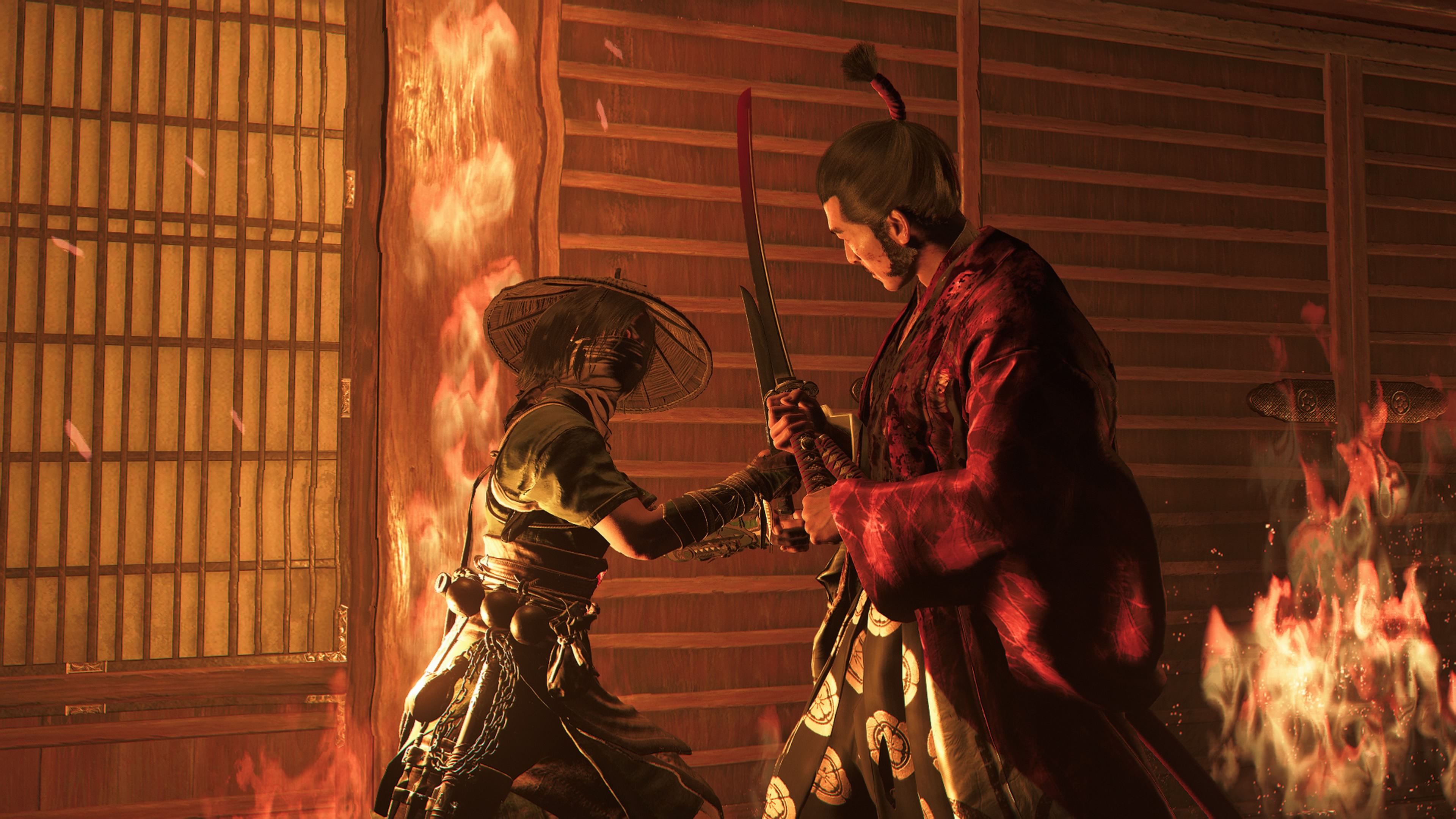
We felt this was good for our game, and made Assassin's Creed Shadows better
Jonathan Dumont, creative director of Assassin's Creed Shadows
It's a good point – for as much as Assassin's Creed Shadows pushes the series' boat out, it must remain familiar to the series' formula. I ask Dumont how he finds the balance between keeping things recognizable and aligning with the genre's shifting trends."With trends – our project started four years ago," he laughs. "So you discover them as you go."
Still, there were things Ubisoft Quebec wanted to try differently "from the outset". Dumont lists the clue-driven exploration changes, along with Shadows' dual protagonist system and larger focus on stealth, as examples. "Those are things we started doing four years ago, and we didn't change our focus," he says. "These [come from] looking at how Assassin's Creed is played. Usually we want to make some changes, or try different things so our players get something new – and they feel it's not just the setting, but we're improving the formula or gameplay aspects."
Dumont describes the approach as a "natural progression" of the series, and as an example, points to the game's dual protagonists. Naoe and Yasuke, he says, are "really cool for renewing the experience" without imposing on the game too much. "If you have a clear favorite, that's awesome. But offering [two protagonists] even just as a pace-breaker, or you want to try something else, or for replay value? I think that's a cool thing Shadows does better than what we've done in the past in Assassin's Creed."
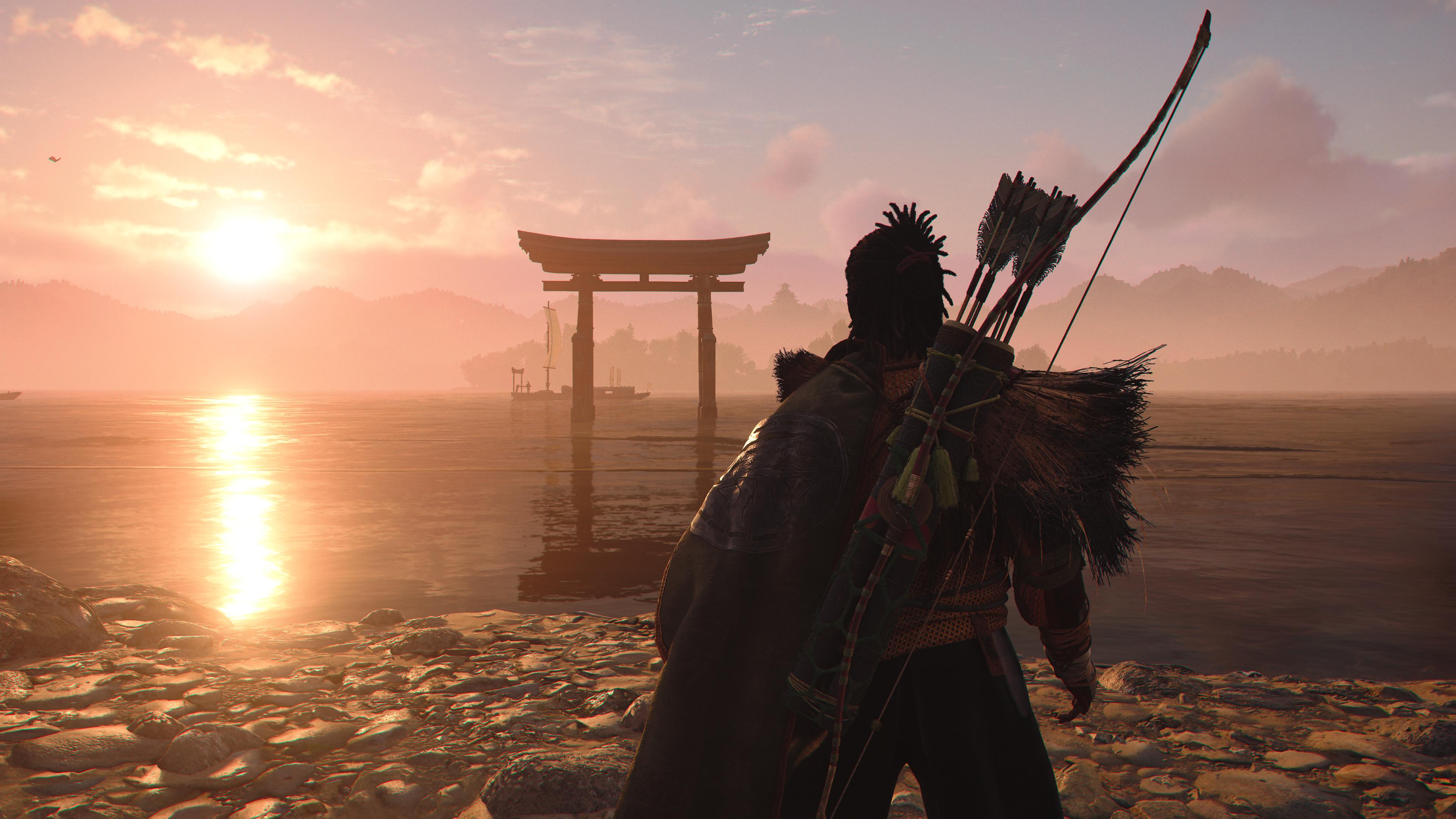
Having lashed praise on the dual protagonists in our Assassin's Creed Shadows review, I'm inclined to agree. Just as Avowed and Kingdom Come: Deliverance 2 launching a week apart proved that there's room for a wealth of experiences in the RPG genre – be they hard or straightforward, guided or utterly sprawling – Assassin's Creed Shadows demonstrates that there is space for even a longer-standing series to thrive within an ever-changing genre.
"People will be doing trendy stuff – or they're going to try – and they're also going to try to do what they want," says Dumont. "But I don't think it's a reaction to other games. It's more like we felt this was good for our game, and made Assassin's Creed Shadows better."
Check out our Assassin's Creed Shadows coverage hub to see even more interviews from the team at Ubisoft Quebec
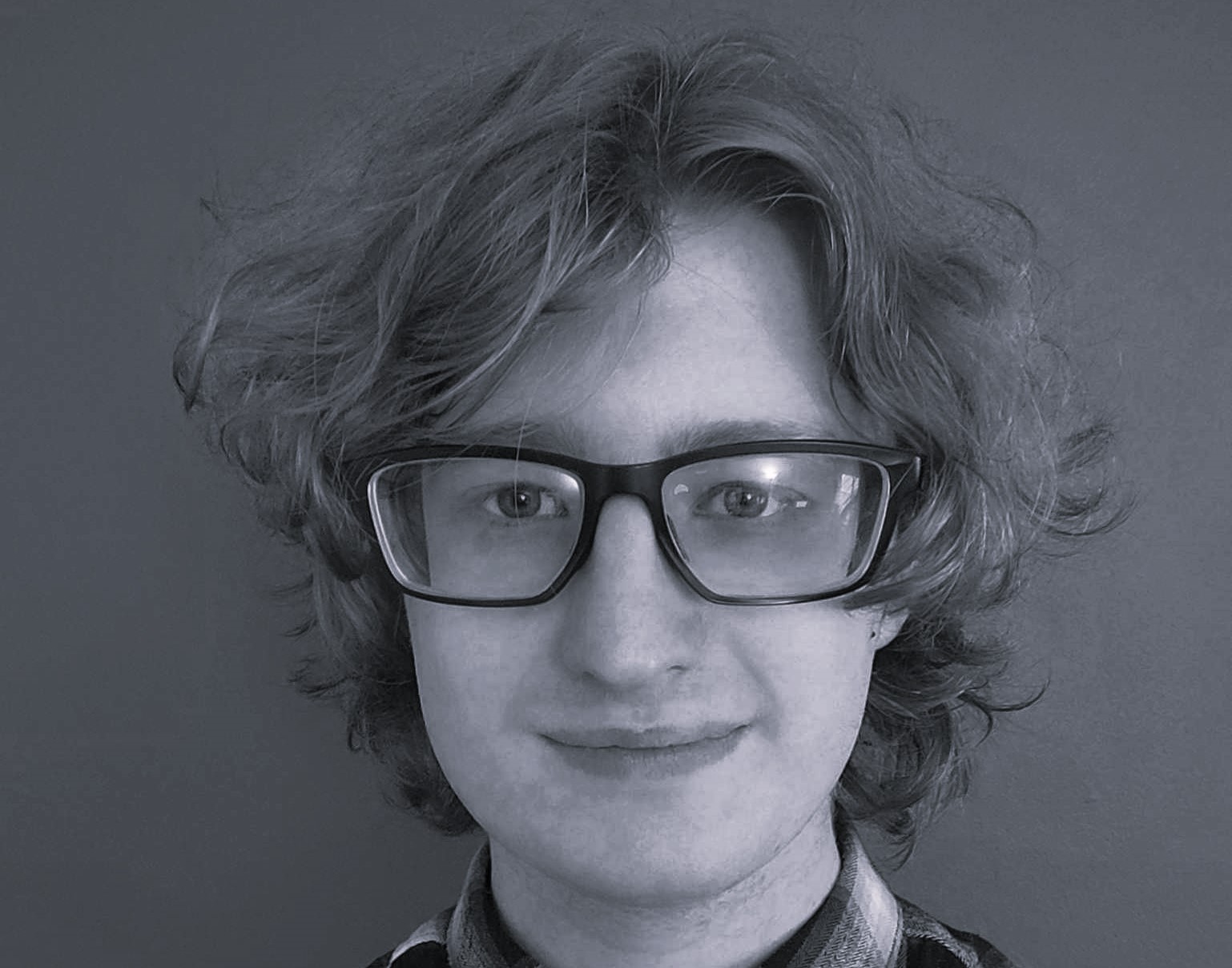
Andy Brown is the Features Editor of Gamesradar+, and joined the site in June 2024. Before arriving here, Andy earned a degree in Journalism and wrote about games and music at NME, all while trying (and failing) to hide a crippling obsession with strategy games. When he’s not bossing soldiers around in Total War, Andy can usually be found cleaning up after his chaotic husky Teemo, lost in a massive RPG, or diving into the latest soulslike – and writing about it for your amusement.
You must confirm your public display name before commenting
Please logout and then login again, you will then be prompted to enter your display name.


